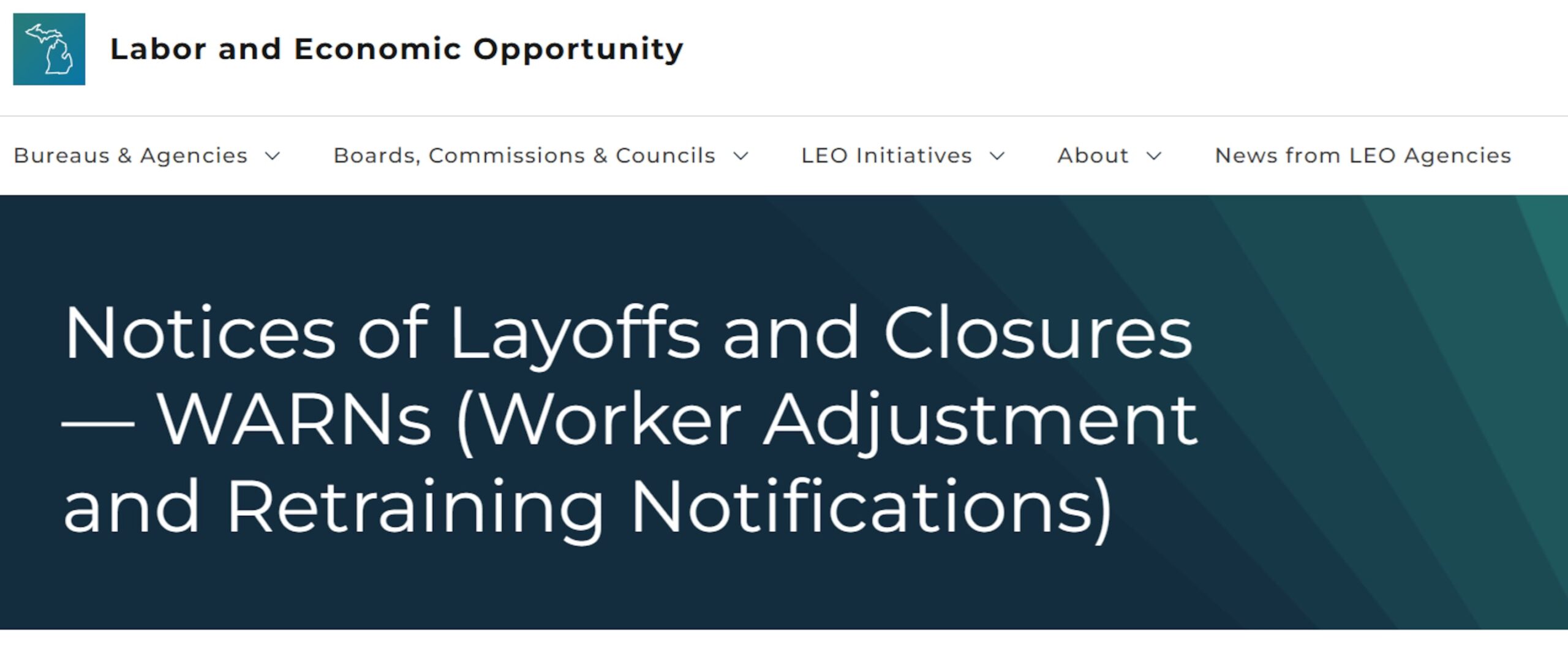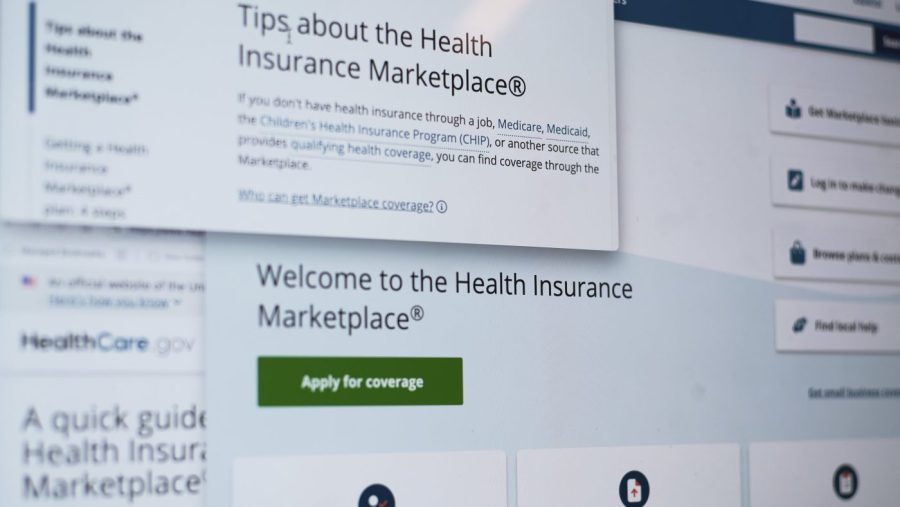A significant health hazard has prompted a nationwide recall of a seafood product manufactured in New York. The U.S. Food and Drug Administration (FDA) announced that packages of “Dry Ghoinnya Fish” produced by New Hoque & Sons Inc. in Maspeth, NY, contain internal organs that were not removed prior to packaging. This serious violation of health regulations could lead to severe illness for consumers.
The recall affects fish packages that are sold across the country. The affected products are packaged in clear plastic and weigh between 10 to 12 pounds. Each package is marked with an expiration date of May 19, 2025, and features the UPC code 908172635412. The FDA has emphasized that the sale of uneviscerated fish is prohibited under New York State Agriculture and Markets regulations due to the heightened risk of Clostridium botulinum spores being concentrated in the fish’s internal organs.
Health Risks Associated with Uneviscerated Fish
Routine inspections by the New York State Department of Agriculture and Markets identified the improperly processed fish during sampling. Subsequent analysis confirmed that the internal organs had not been removed, raising concerns about potential botulism outbreaks. Health officials warn that symptoms of botulism can include dizziness, blurred or double vision, and difficulties in speaking or swallowing. In more severe cases, individuals may experience breathing difficulties, muscle weakness, abdominal swelling, and constipation.
As of now, no illnesses related to this recall have been reported. Nevertheless, consumers are advised to take the matter seriously. The FDA recommends that anyone experiencing symptoms associated with botulism should seek immediate medical attention.
Consumer Guidance and Next Steps
Consumers who have purchased the “Dry Ghoinnya Fish” are urged to return the product to the place of purchase for a full refund. For further inquiries, the FDA suggests contacting New Hoque & Sons Inc. directly at (718) 391-0992.
This recall serves as a critical reminder for consumers to be vigilant about food safety, especially with seafood products. As health officials continue to monitor the situation, it is essential for individuals to remain informed about potential risks associated with food consumption.







